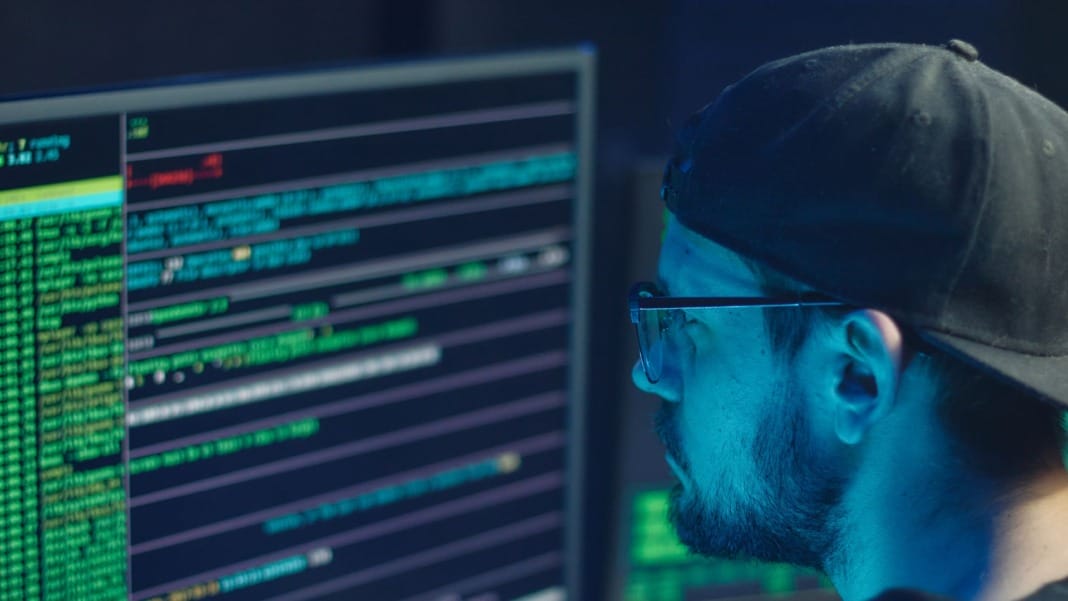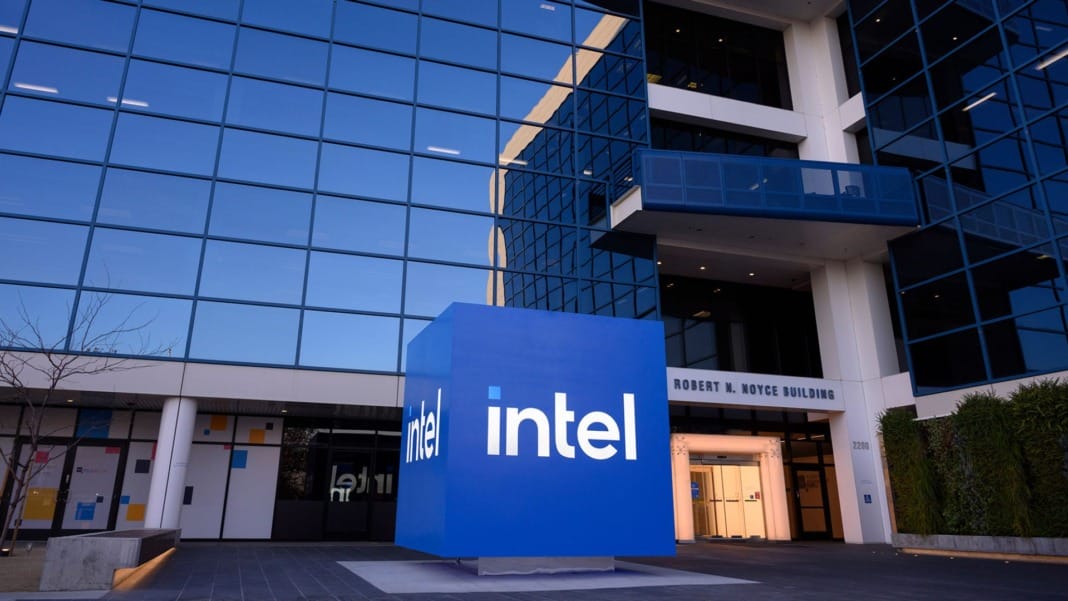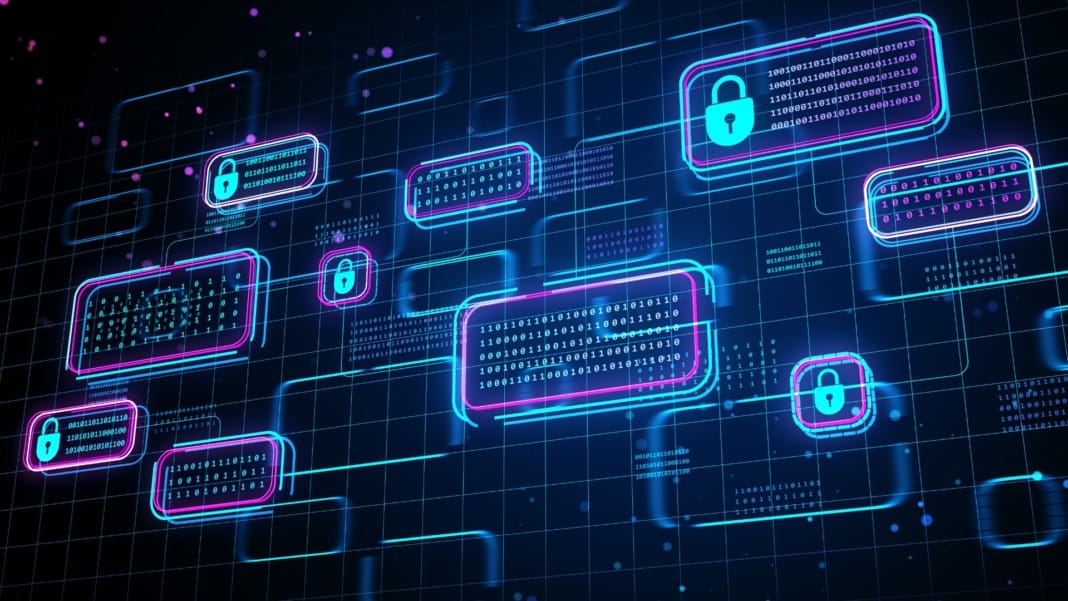You might think government employees would be cautious when using new technology, but that wasn’t the case for some Pentagon staff this week. U.S. Department of Defense workers unknowingly linked their work computers to Chinese servers through DeepSeek. This AI chatbot explicitly states in its terms of service that it stores user data in China and operates under Chinese law. This means China’s intelligence agencies could access the data.
According to Bloomberg, employees used DeepSeek for at least two days before the Pentagon took action. In response, officials have started blocking access to the chatbot on parts of the department’s network. However, some employees reportedly still had access to the service.
Growing concerns over security risks
The rapid rise of DeepSeek has sparked security concerns among U.S. officials. The chatbot has gained significant popularity, topping the charts in the U.S. Apple App Store and Google Play Store. However, its links to China have raised alarm bells, especially given the country’s strict data laws, which require companies to cooperate with government intelligence operations.
The U.S. government has been scrambling to address the potential security risks posed by DeepSeek’s growing user base. The AI chatbot’s ability to access and process vast amounts of data has left officials worried about possible breaches of sensitive information.
U.S. Navy bans DeepSeek over security concerns
On January 24, the U.S. Navy took a firm stance by banning its employees from accessing DeepSeek. CNBC reported that the ban was implemented due to security and ethical concerns, highlighting the growing unease over foreign-controlled AI services handling American data.
As DeepSeek continues to gain traction, U.S. agencies may follow the Navy’s lead in restricting access to the platform. The situation highlights the ongoing struggle between technological advancement and national security, especially when dealing with AI tools developed and governed by foreign entities.





